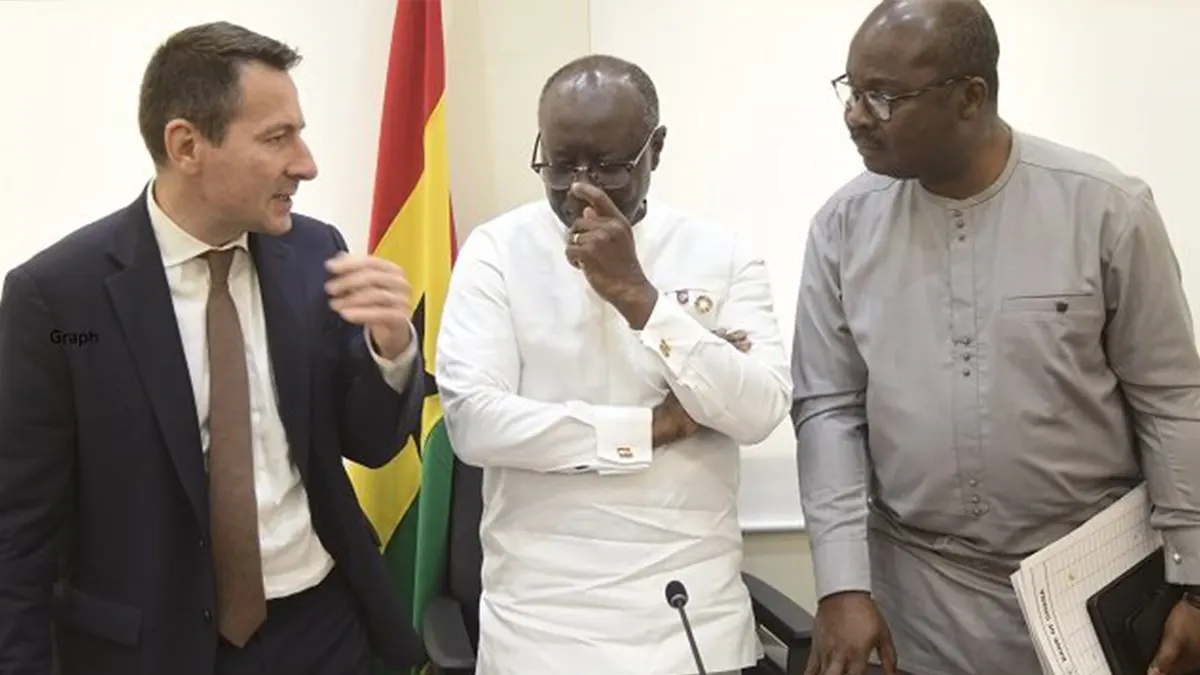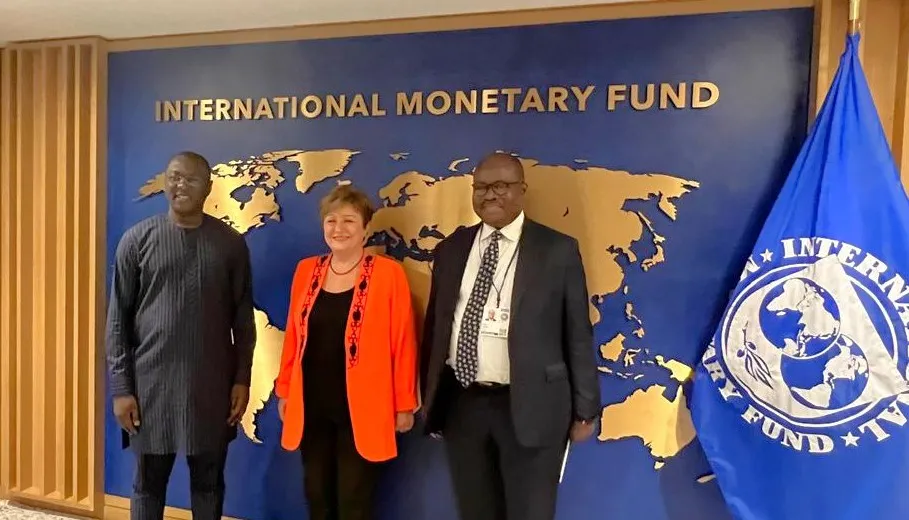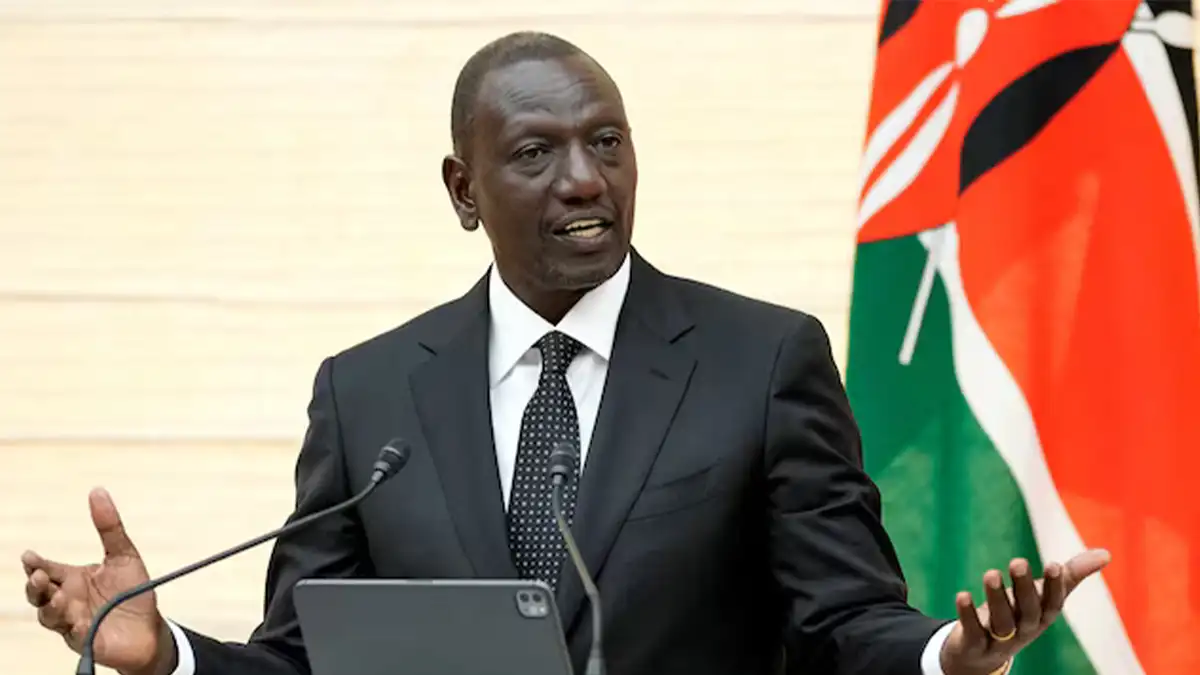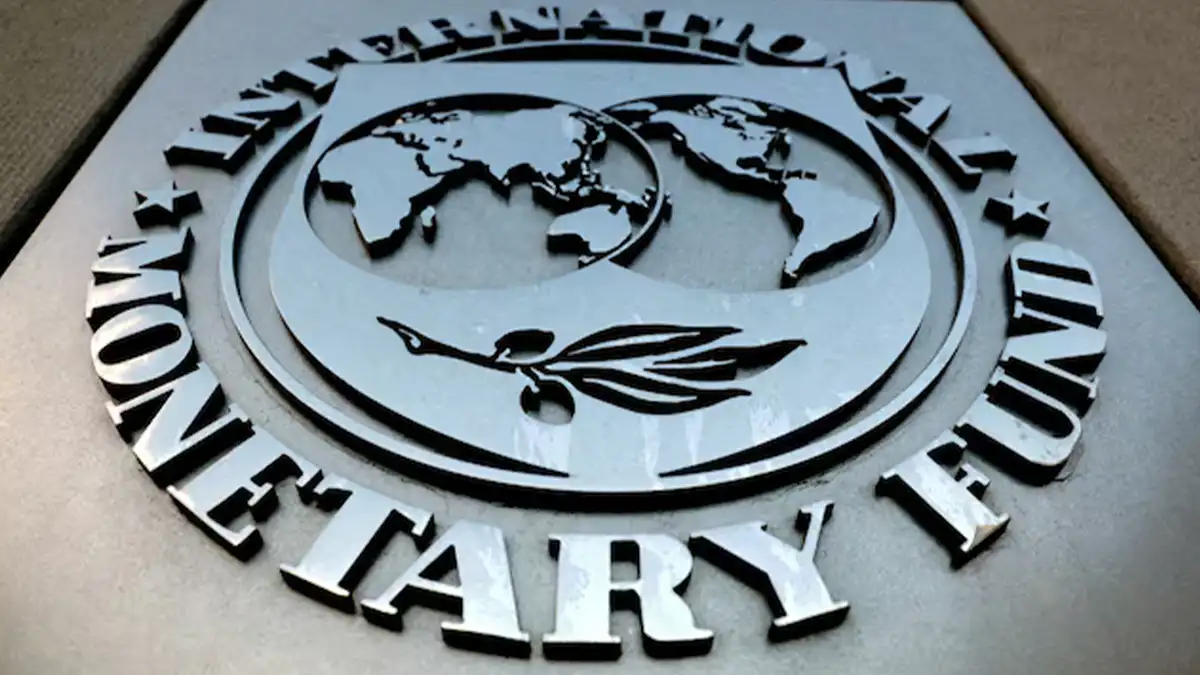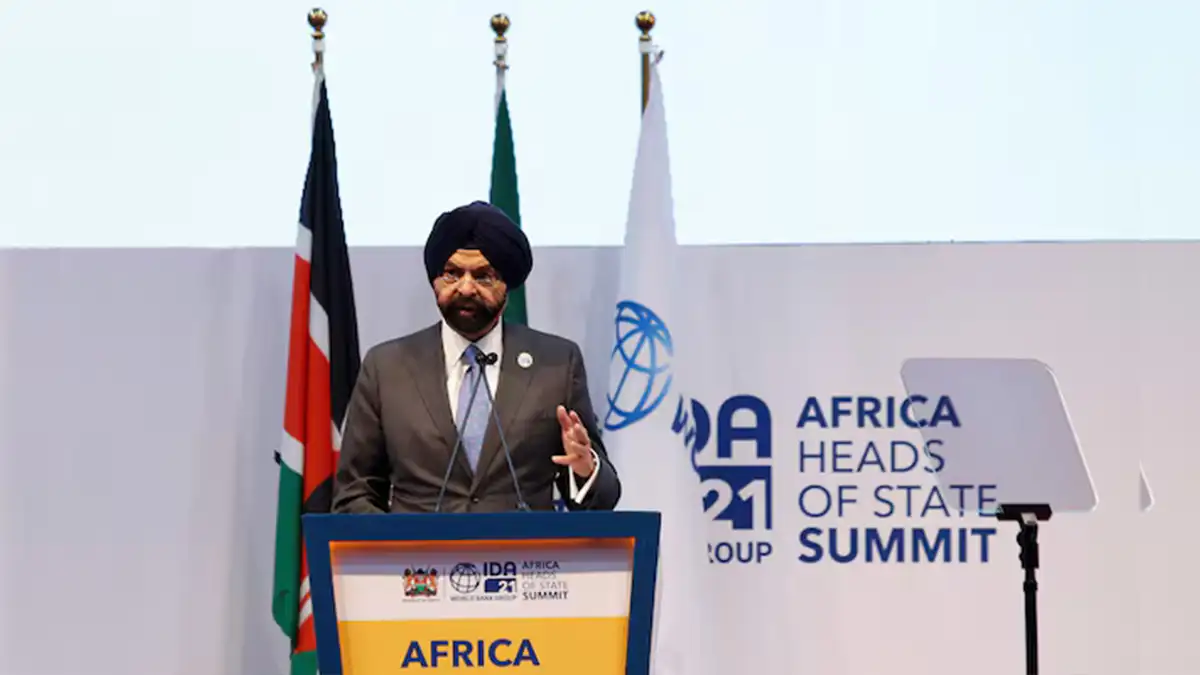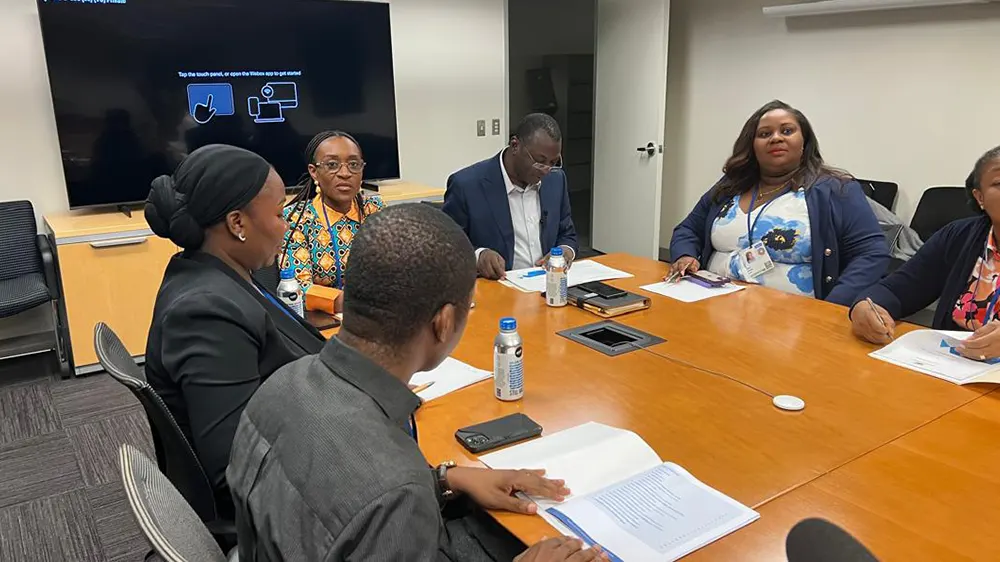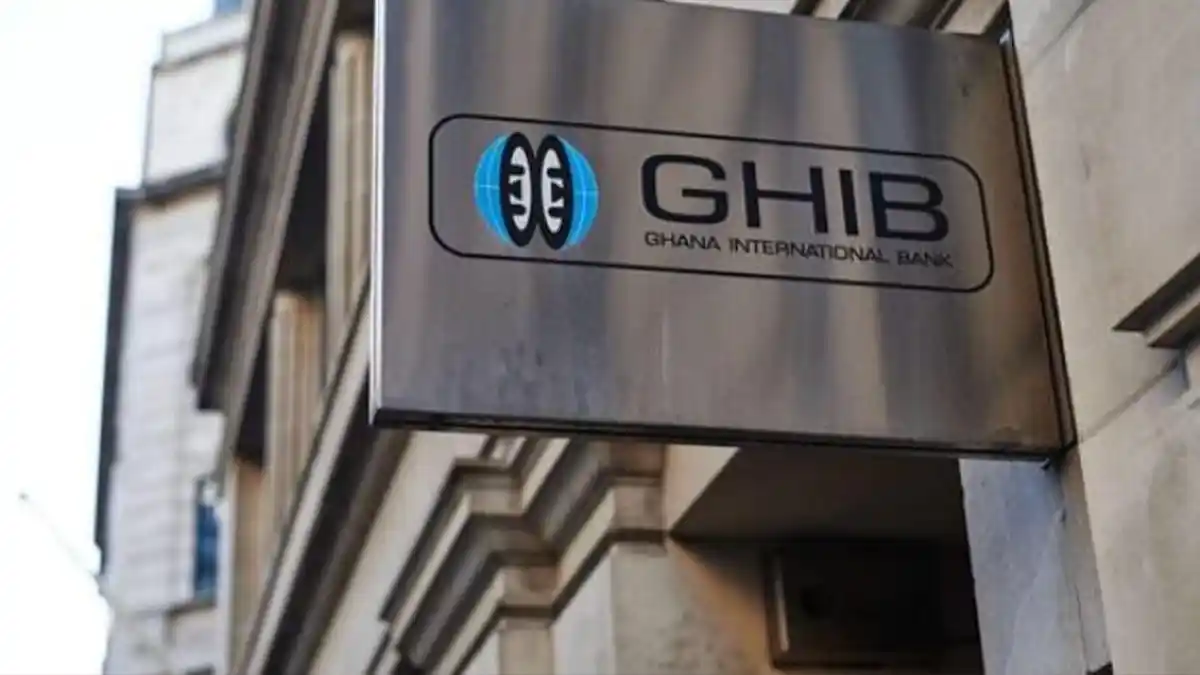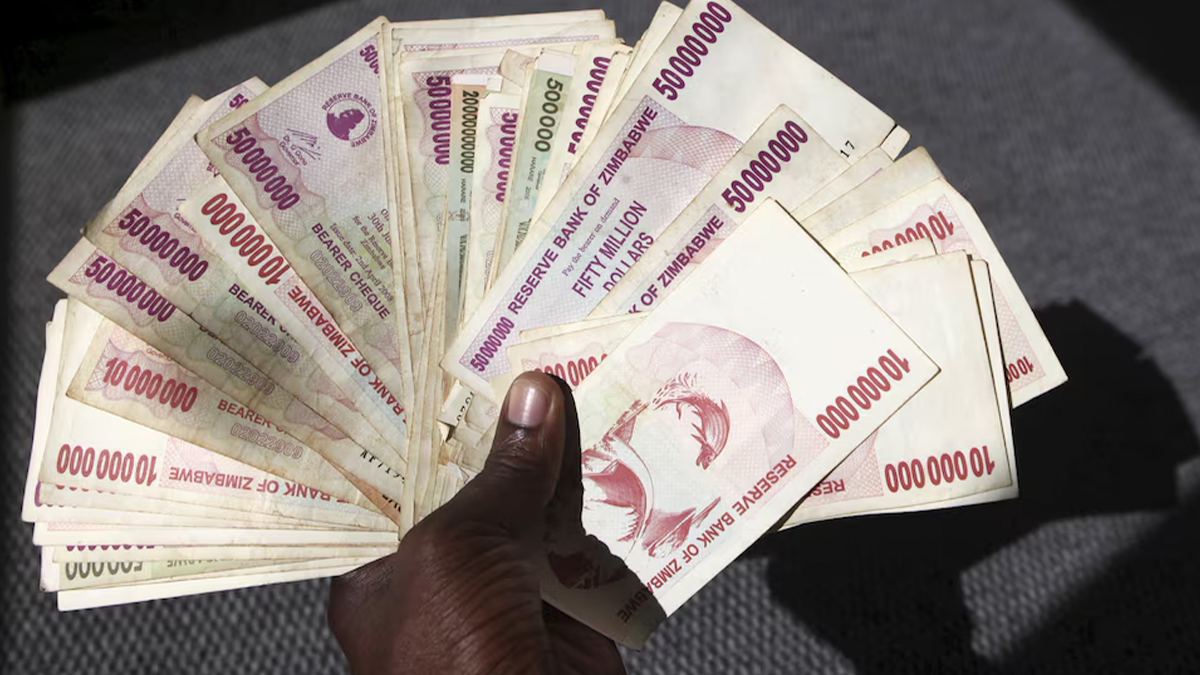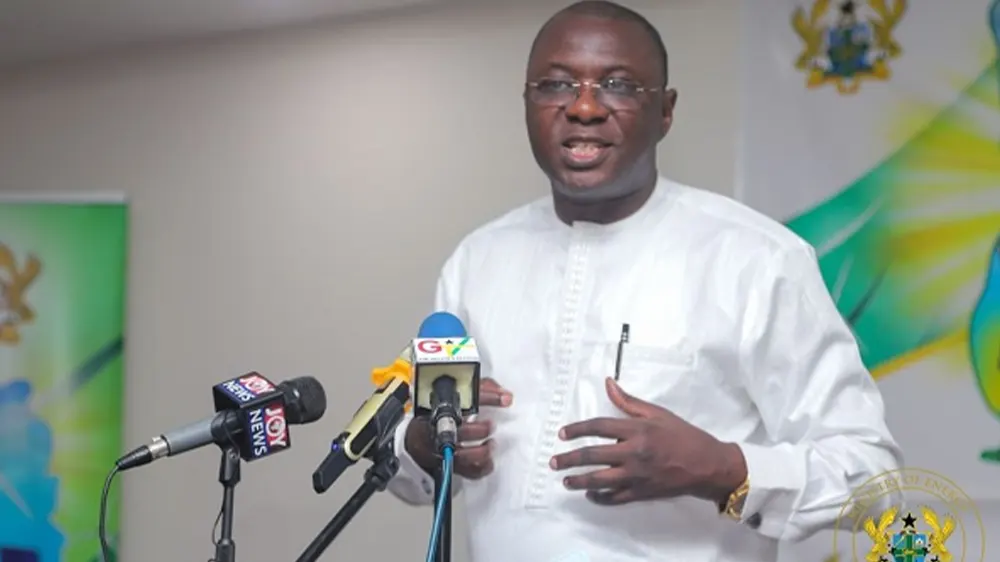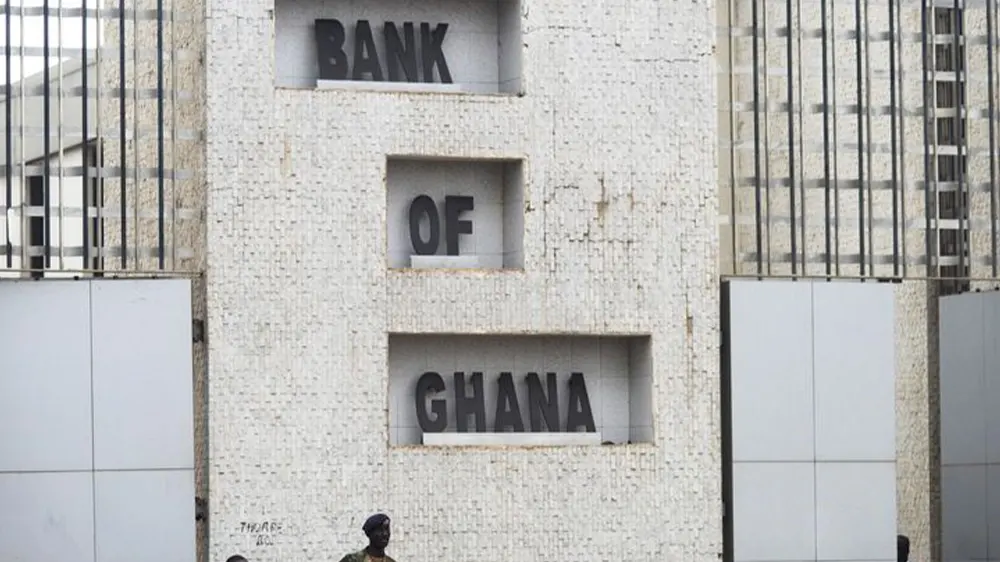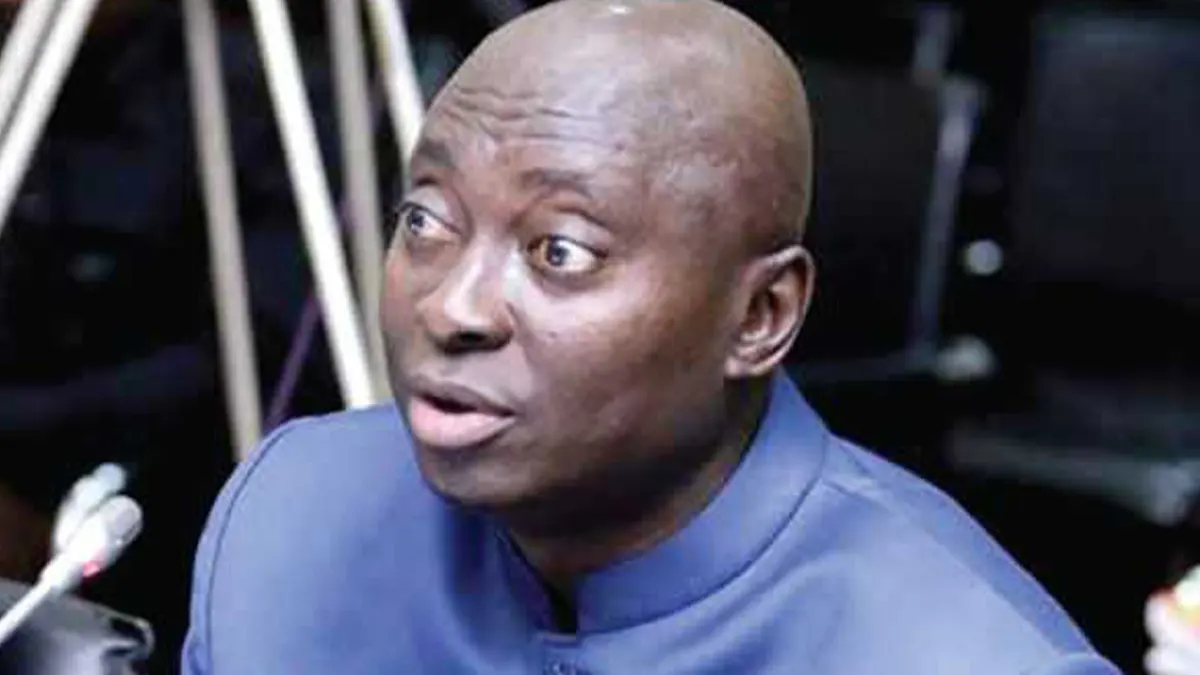The Executive Board of the International Monetary Fund (IMF) concluded the First review of Ghana's 36-month Extended Credit Facility (ECF) Arrangement, approved on May 17, 2023.
The completion of this review enables the immediate disbursement of SDR 451.4 million (about US$600 million), bringing Ghana's total disbursements under the arrangement to about US$1.2 billion.
Ghana's economic performance has witnessed significant volatility over the years, marked by episodes of strong growth but undermined by rising inflation, exchange rate depreciation, and loss of external buffers.
The recent severe external shocks compounded pre-existing fiscal and debt vulnerabilities, leading to economic and financial pressures in 2022.
The ECF arrangement, designed to respond to immediate pressures, aims to restore macroeconomic stability, address vulnerabilities and lay the foundations for higher and more inclusive growth.
Ghana's performance under the program has been robust, meeting all quantitative performance criteria for the first review and almost all indicative targets and structural benchmarks.
President of NUGS, Daniel Oppong Kyeremeh, expressed concerns about the strike's impact on academic work, especially for final-year and science students engaged in practical sessions.
He urged the government to engage with the unions promptly, stating, “We are just asking the government to sit down with these unions and come to an agreement with them.”
Ghana is on track to lower the fiscal primary deficit by about 4 percentage points of GDP in 2023. The authorities have expanded social protection programs to mitigate the impact of the crisis on vulnerable populations.
The government has also made progress on debt restructuring, reaching an agreement with the Official Creditor Committee under the G20's Common Framework.
Mr. Bo Li, Deputy Managing Director and Acting Chair, emphasized the positive results of Ghana's reform efforts, with signs of economic stabilization, resilient growth, declining inflation, and improved fiscal and external positions.
He highlighted the need for steadfast policy implementation to fully restore macroeconomic stability, ensure debt sustainability, and foster inclusive growth. Reforms targeting tax administration, expenditure control, fiscal rules, and SOE management are crucial for lasting adjustment.
The statement also emphasized the importance of maintaining an appropriately tight monetary stance and enhancing exchange rate flexibility. Additionally, promoting a green recovery and creating an environment conducive to private investment were highlighted as priorities.

